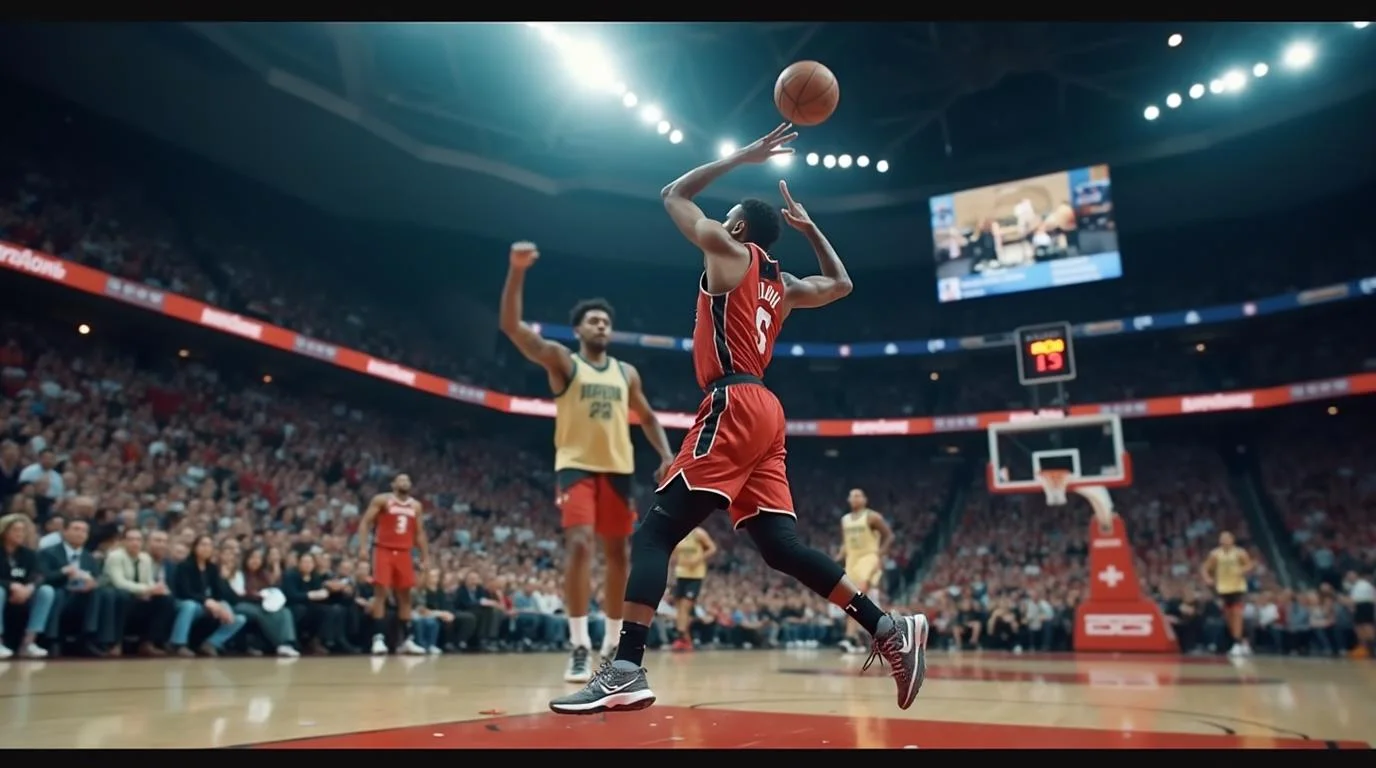Chicago Bettor Denied $800K by Caesars Over Alleged Manipulation

1.0
Default
Thomas McPeek, a sports bettor from the state of Illinois, won $800,000 in sports bets this year. The 24-year-old from Chicago conducted research into football wagering that is said to give him an edge, and he was able to win because of his 'strategy.' But the two Caesars casinos where he won refuse to pay up - they say that he manipulated his wins and resorted to cross-state coordination and structuring.
Thomas McPeek, a 24-year-old man from Chicago still living with his parents, saw sports betting as a fast track to financial independence. Rather than relying on pure luck, McPeek delved into studying parlays - bets that require several outcomes to align for a win - and honed in on football wagers where he believed he could find an edge. His research paid off handsomely, winning him a total of $800,000 across multiple casinos. However, two Caesars Entertainment properties are now refusing to honor his victories, claiming that McPeek's methods violated their betting policies.
"It was a calculated attack," admitted McPeek. "(But) it's not like I can just snap my fingers and just make the bets win. They still have to win."
The wins - and the refusals
Between August and September of 2023, McPeek placed hundreds of bets, most of which failed. A few, however, produced massive payouts. FanDuel's sportsbook, located within Boyd Gaming's Blue Chip Casino in Indiana, honored his $127,000 win without issue.
The situation was different at Caesars properties. The Horseshoe Casino in Hammond, Indiana, and the Isle Casino Hotel in Bettendorf, Iowa, both refused to pay his respective $350,000 and $450,000 winnings. Instead, Caesars offered to refund the $50,000 McPeek spent placing the bets - a gesture he considers wholly insufficient.
Why Caesars refused to pay
McPeek argues that his strategies were legal and transparent, but Caesars pointed to violations of casino policies - specifically cross-state coordination and structuring - as justification for voiding his tickets.
- Cross-state coordination. As of now, betting in multiple states is not illegal - but coordinating bets across state lines can violate a casino's terms of service. It may also raise regulatory red flags, as it can be perceived as manipulating betting systems.
- Structuring. Structuring refers to breaking large wagers into many smaller bets, often to evade reporting requirements related to money laundering. Casinos are required by federal law to report cash transactions over $10,000. McPeek admitted to employing this tactic to stay under the radar, not for illicit purposes but to avoid detection.
In an interview, McPeek confessed to even changing his appearance while betting. "I'll switch up the disguise - sunglasses," he said. "I'll hide my hair in my hat, I'll put it up in a bun." Despite his efforts, the casinos took notice - and took action.
Legal battles and casino bans
The Indiana Gaming Commission has already ruled against McPeek, supporting Caesars' decision to void his winnings at the Horseshoe Casino. His case concerning the Isle Casino in Iowa is still under review by state regulators. If he loses again, McPeek has stated his intention to file a civil lawsuit against Caesars Entertainment for the complete $800,000.
Adding to his troubles, McPeek has been banned from re-entering all three casinos involved: Blue Chip, Horseshoe, and Isle Bettendorf. Although the duration of the ban is unclear, it likely extends to all Caesars properties nationwide.
Despite his extensive research and strategic approach, Thomas McPeek's attempt to beat the odds has left him with no winnings - and possibly, no way back into the casinos he once frequented.








_800x800.webp)











